Are you aware of the tiny heroes buzzing around your garden, silently contributing to the success of your plants? Honeybees, with their fascinating behavior and incredible importance to agriculture, play a crucial role in the success of farmers and gardeners alike. Let's explore why these busy insects are so essential, along with some fascinating facts about honey and how to ensure you're getting the real deal.
Why Honeybees are Essential for Farmers and Gardeners
-
Pollination Powerhouses: Honeybees are prolific pollinators, transferring pollen from one flower to another as they forage for nectar. This process is essential for the reproduction of many fruit and vegetable crops, including apples, strawberries, almonds, and cucumbers. Without honeybees, yields would be significantly lower, affecting both farmers' livelihoods and the availability of fresh produce for consumers.
-
Biodiversity Boosters: Honeybees contribute to the overall health and diversity of ecosystems by pollinating a wide variety of plants. Their foraging activities support the growth of wildflowers and flowering trees, providing food and habitat for other wildlife species.
-
Economic Impact: The economic value of honeybees' pollination services is staggering, with billions of dollars' worth of agricultural crops dependent on their pollination each year. Farmers rely on honeybees to ensure robust yields and profitable harvests.
The Sweet Truth about Honey
Honey, the delicious golden syrup produced by honeybees, is not only a tasty treat but also boasts several health benefits:
- Natural Sweetener: Honey is sweeter than sugar and can be used as a natural alternative in cooking and baking.
- Antioxidant Properties: Raw honey contains antioxidants that may help protect the body against cell damage and oxidative stress.
- Antibacterial and Antimicrobial: Honey has been used for centuries as a natural remedy for wounds and sore throats due to its antibacterial and antimicrobial properties.
Beware of Imposters: How to Identify Pure Honey
While honey is a wholesome and nutritious food, not all honey sold in stores is created equal. Some commercial brands may adulterate their honey with added sugars or syrups to increase volume and reduce costs. Here are some tips to ensure you're getting pure honey:
- Read the Label: Look for honey labeled as "pure," "raw," or "unfiltered." Avoid products that list additional ingredients such as corn syrup or sugar.
- Check the Source: Purchase honey from reputable beekeepers or local farmers' markets, where you can ask questions about how the honey was produced.
- Perform the Water Test: Place a teaspoon of honey in a glass of water. Pure honey will settle at the bottom of the glass and not dissolve, while adulterated honey may dissolve or form lumps.
Conclusion
As beginning gardeners, understanding the vital role of honeybees in agriculture and the importance of pure honey can deepen our appreciation for these remarkable insects and the food they help produce. By supporting bee-friendly practices and choosing high-quality honey, we can contribute to the well-being of honeybees and enjoy the sweet rewards of their labor for years to come.
Happy gardening and honey hunting!

